2024.01.05
No label, including PCR, single material, artificial intelligence... Where is the
Page view:464
The winners of The Sustainability Awards 2023 have been announced at the Sustainable Packaging Summit in Amsterdam, the Netherlands.
AMP Robotics, a US supplier of AI-driven, fully automated waste sorting devices, won two awards with the AMP Vortex.
AMP Vortex is an AI-driven automated system for film removal and recycling in recycling facilities. Vortex combines AI with recycle-specific automation to identify film as well as other flexible packaging, aiming to increase recycling rates for both film and flexible packaging.
Pepsi
"No label" bottle body
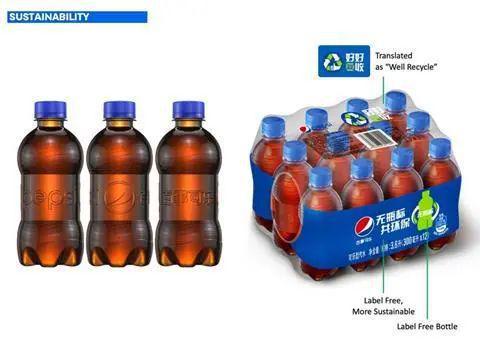
China PepsiCo has launched "no label" Pepsi in China. The innovative packaging removes the plastic label from the bottle, replaces the label with a embossed process, and eliminates the printing ink on the cap, which makes the bottle more recyclable, simplifies the recycling process, and reduces the carbon footprint of PET bottles. PepsiCo China won the "Better Practice Award".
It is said that this is the first time PepsiCo has launched a non-label product in the Chinese market, and will become one of the first companies to launch a non-label beverage product in the Chinese market.
The label is very easy to become a source of pollution in the recycling process of PET bottles. CPRRA found in the investigation that the label will increase the difficulty of PET recycling, affect the quality of regeneration, poorly designed labels will remain ink adhesives that are difficult to remove, etc., and PVC labels are difficult to sort.
In CPRRA's PET container packaging products and HDPE container packaging products recyclable design guidelines, the "label" is regarded as one of the main considerations affecting the design of plastic recycling. At present, the recycling design evaluation project for PET and HDPE plastic container packaging products that have been listed or planned to be listed and can enter the post-consumer recycling system has been officially launched, including many products from Nestle, Danone, CIMB, Hsu Fu Chi and other enterprises to obtain certification.
Berry International
Closed loop recycling of paint containers
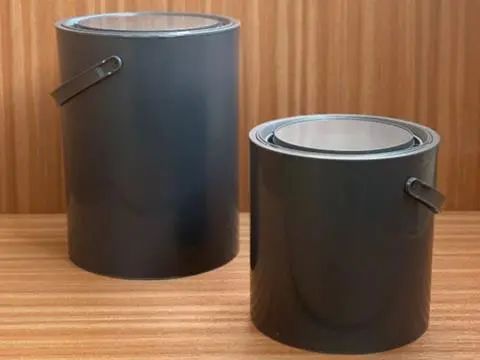
Berry Global has developed a recyclable paint container, a solution that helps combine paint and packaging recycling. The container removes paint, resulting in clean, recyclable cans as well as fresh paint.
The process design also helps reduce pollution and carbon emissions from paint and packaging waste. For this reason, Berry International received the award in the category "Promoting the Circular Economy".
Kraft Heinz
Single material distribution type bottle cap
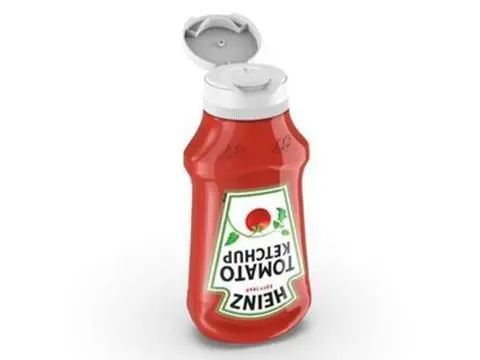
Kraft Heinz received the "Recyclable Packaging Award" for its Balaton single-material dispensing cap. The cap ensures the recyclability of the entire bottle, including the cap, and saves approximately 300 million non-recyclable silicone caps per year.
On the design side, Kraft Heinz reduced the number of components for Balaton caps to two parts, an innovation that will facilitate production and logistics. The bottle cap is also easy to open, and users can smoothly squeeze out ketchup when using the bottle, which is popular with elderly consumers.
- 5 -
Proctor & Gamble
Laundry beads containing 70% recycled materials
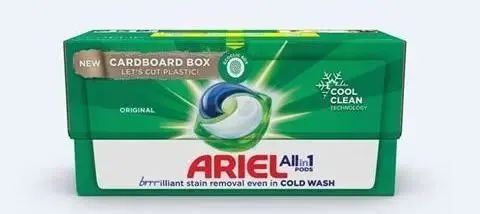
Procter & Gamble won the "Renewable Materials Award" for its Ariel liquid laundry gel ECOLIC Box. The box contains 70% recycled materials, and the overall packaging design combines recyclability, safety and consumer experience, while replacing standard plastic containers.
—6—
Fyllar
Smart refill system
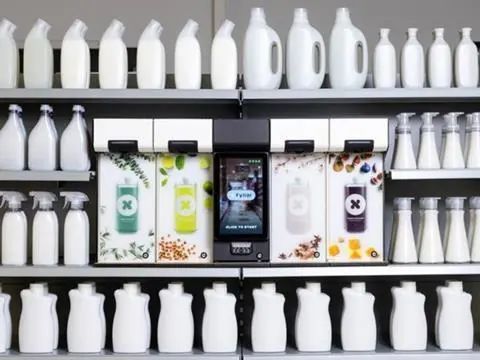
Clean Smart refill solutions provider Fyllar has introduced Smart refill systems that not only enhance the consumer experience of clean, efficient and low-cost refills, but also redefine the use and perception of packaging.
Fyllar Smart fill RFID tags are able to identify different products and supplement the contents of the package accordingly. It also sets up a reward system based on big data, which simplifies the entire refill process and optimizes inventory management.
—7—
Lidl、Algramo、Fyllar
Washing powder automatic replenishment system
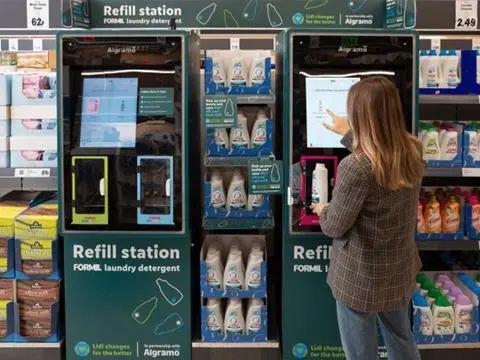
German retailers Lidl, Algramo and Fyllar have created an automatic detergent refill system that uses refillable, recyclable HDPE bottles and an easy-to-use touch screen. Users save 59 grams of plastic per use of the system (equivalent to the weight of a single-use bottle).
The machine can identify the chip in the bottle to distinguish between used and reused bottles and charge consumers accordingly. The machine also ensures a filling capacity of 980 ml per bottle.
—8—
National University of Malaysia
Starch polyaniline biopolymer film
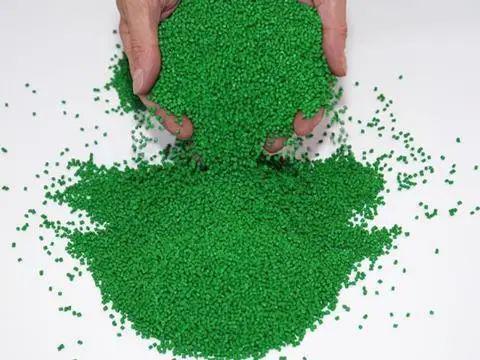
The National University of Malaysia has produced thin films of starchy polyaniline biopolymers by extracting cellulose nanocrystals from agricultural waste.
The biopolymer film is biodegradable and can change color from green to blue, indicating whether the food inside is spoiled. The packaging is designed to reduce the consumption of plastic and fossil fuels, prevent waste from entering the ocean, reduce food waste rates and give agricultural waste a second life.
—9—
APLA
Renewable energy production and transportation
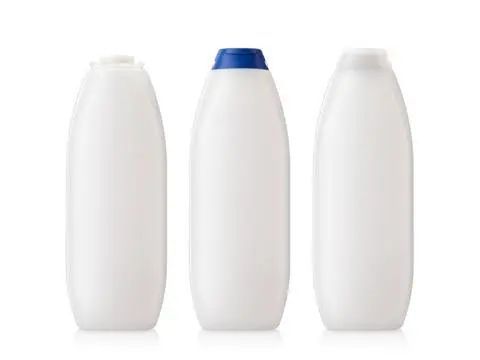
APLA Group's lightweight Canupak beauty packaging is produced and transported using renewable energy using a cradle-to-door approach designed to optimise the carbon footprint of the entire process.
—10—
Nextek
The COtooCLEAN technology cleans polyolefin after consumption
Nextek introduces COtooCLEAN technology, which uses low-pressure supercritical carbon dioxide and green co-solvents to purify post-consumer polyolefin during recycling, removing oils, fats and printing inks, and restoring the film to food-grade quality in compliance with EFSA food-grade standards.
COtooCLEAN technology helps flexible packaging achieve peer recycling, increasing the recovery rate of flexible film and reducing the need for raw resin in packaging.
—11—
Amco with partners
Recyclable polystyrene yogurt packaging
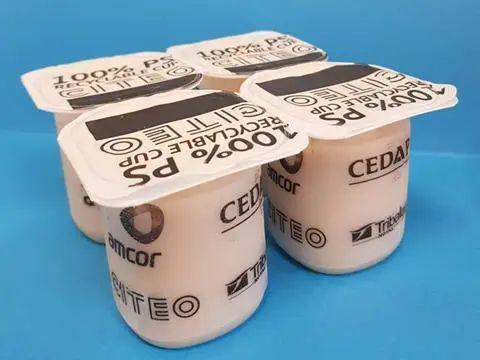
The fully recyclable polystyrene yogurt packaging developed by Citeo, Olga, Plastiques Venthenat, Amcor, Cedap and Arcil-Synerlink uses FFS (Form-fill-Seal) one-piece packaging technology.
Made from 98.5% raw polystyrene, the yogurt cup facilitates recycling in the polystyrene recycling process and optimizes the efficiency of the entire recycling link.
Previous:2024 · Plastic primary cycle ·...
Next:The UK tax authority plans to ...

